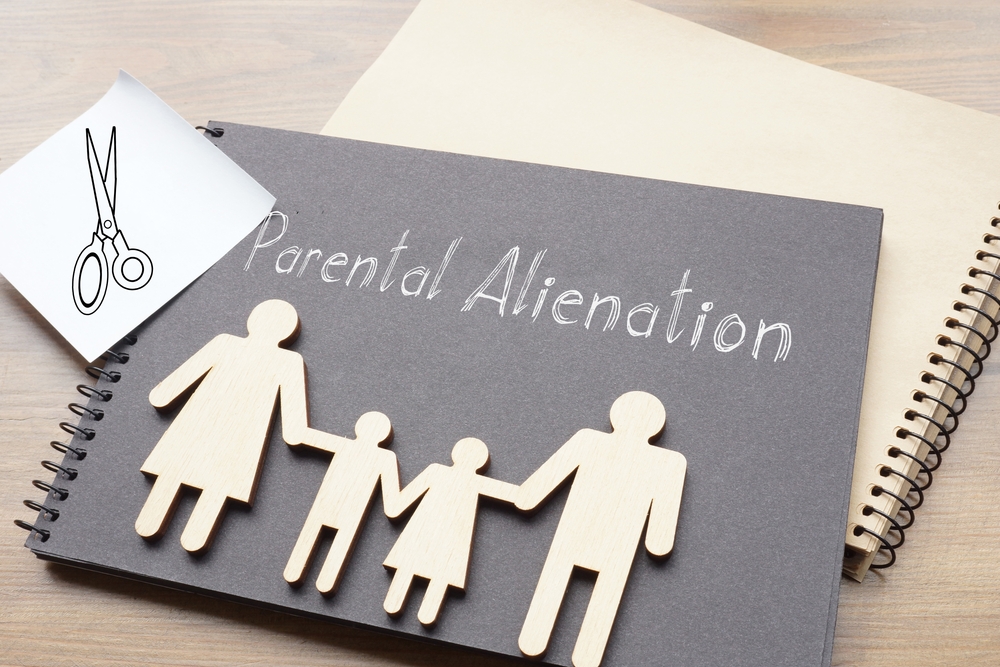The Family Justice Council has recently published guidance for all family law professionals on the concepts of parental alienation and alienating behaviours. The guidance can be accessed here: Family Justice Council Guidance on responding to allegations of alienating behaviour 2024
For those who are not family law professionals the Guidance may seem complex. For parents who wish to know what paternal alienation is and what alienating behaviours are, in summary, the Guidance explains:
Parental alienation is a process of manipulation of child(ren) perpetrated by one parent against the other that leads to the child(ren)’s reluctance, resistance or refusal to engage in a relationship with the other parent. The impact of this process is significant – alienating behaviours range in intensity and their impact on child(ren) and the harm suffered can be far reaching. The alienating behaviours can affect a child’s emotional, social and psychological development. In addition, severed relationships and growing up with a false narrative can also have a harmful impact on a child’s identity, self-worth and sense of safety in the world.
In situations where alienating behaviours may be present, it is often that parents find themselves in family court proceedings due to complex nature of the family dynamic. It would assist parents to know that during the proceedings, the family court’s role is to consider whether the three elements of alienating behaviours is established:
- the is child reluctant, resisting or refusing to engage in, a relationship with a parent or carer; and
- the reluctance, resistance or refusal is not consequent on the actions of that parent towards the child or the other parent, which may therefore be an appropriate justified rejection by the child, or is not caused by any other factor such as the child’s alignment, affinity or attachment; and
- the other parent has engaged in behaviours that have directly or indirectly impacted on the child, leading to the child’s reluctance, resistance or refusal to engage in a relationship with that parent.
Given the impact of alienating behaviours on child(ren), parents and other family members, it is crucial that legal advice is obtained as soon as possible if you suspect this is happening to you and your child(ren).
Similarly, if you are on the receiving end of allegations that you have engaged in alienating behaviours it is important you receive legal advice so that it is fully explored whether there are other justified reasons for your child(ren) not wanting to spend time with the other parent. Other reasons could be the child(ren)’s own harmful experiences of the other parent, or that you were acting protectively as a result of you and/or the child(ren) experiencing domestic abuse.

How we can help?
A specialist family lawyer at Wollens can guide you through often complex and lengthy family court proceedings with empathy, with a focus on the child(ren) rebuilding a relationship with the other parent, if appropriate, and with the aim of preventing the child(ren) from experiencing further harm.
Lydia Murray is a Solicitor in the Family Law team at Wollens.
Please contact [email protected]
Call 01803 225161
Lydia Murray, Family Law Solicitor
Wollens has offices in Torquay, Exeter and Barnstaple in Devon.
Call us on;
South Devon 01803 213251
Exeter 01392 274006
North Devon 01271 342268
Family Law | Wollens Solicitors



